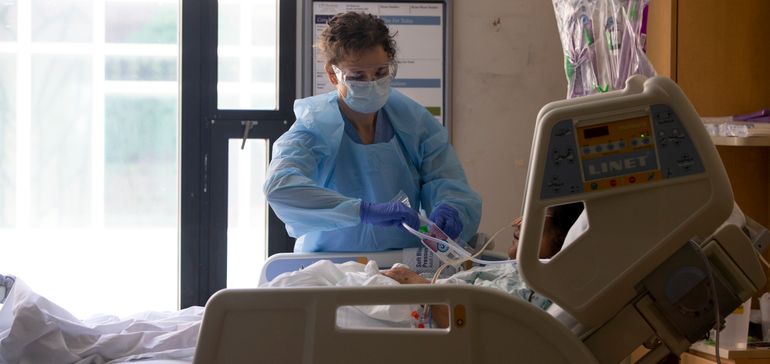
Inequities in healthcare cost nearly $320B annually, new research shows
Dive Brief:
- Socioeconomic, racial and gender inequities in healthcare account for nearly $320 billion in annual spending, and could account for $1 trillion or more by 2040, according to an analysis out Wednesday from Deloitte.
- Researchers looked at several high-cost diseases to find out how much spending could be attributed to health inequities while accounting for population and per capita spending changes.
- If inequities remain largely unaddressed, healthcare spending for the average American could rise from $1,000 annually today to $3,000 by 2040, and historically underserved communities could be disproportionately affected, the analysis found.
Dive Insight:
The healthcare industry is pressured to lower spending while increasing quality of care, though costly inequities in the system are only expected to rise over the next few decades, according to the new research from Deloitte.
Researchers looked at high-cost diseases like breast cancer, diabetes, colorectal cancer, asthma and cardiovascular disease to determine how much spending was due to inequities, which can often be attributed to late diagnoses and comorbidities that impact patient outcomes, according to the report.
For instance, Black adults are 60% more likely than White adults to be diagnosed with diabetes and are two to three times more likely to have complications, according to data from the HHS.
Out of $327 billion annually spent to treat diabetes, nearly $15.6 billion is unnecessary and associated with health inequities, according to Deloitte.
Similarly, the asthma rate for those living under the federal poverty line is 11% compared to nearly 7% for those who are two times above the federal poverty line.
Out of $56 billion annually spent to treat asthma, $2.4 billion is unnecessary and associated with health inequities, according to the Deloitte report.
The analysis is in line with other research on inequities in the healthcare system, like a 2021 study from the Urban Institute which found that Black patients are more likely to experience an adverse safety event than their White counterparts at the same hospital.
Another 2021 study from JAMA Network Open found that Black patients admitted to hospitals with COVID-19 were 11% more likely to die than their White counterparts after adjusting for patient and clinical characteristics.
That’s in large part due to where they received care — at hospitals that performed worse than those that treated White patients, that study found.
Healthcare inequities impact everyone directly or indirectly, Andy Davis, principal in healthcare practice at Deloitte and one of the report’s authors, said in a release.
The problem is too massive for any one organization to solve individually, and “solving this will require intentional collaboration,” he said.
Industry leaders must work to rebuild trust, partnerships, measurements and address individual and community level inequities, according to the report.